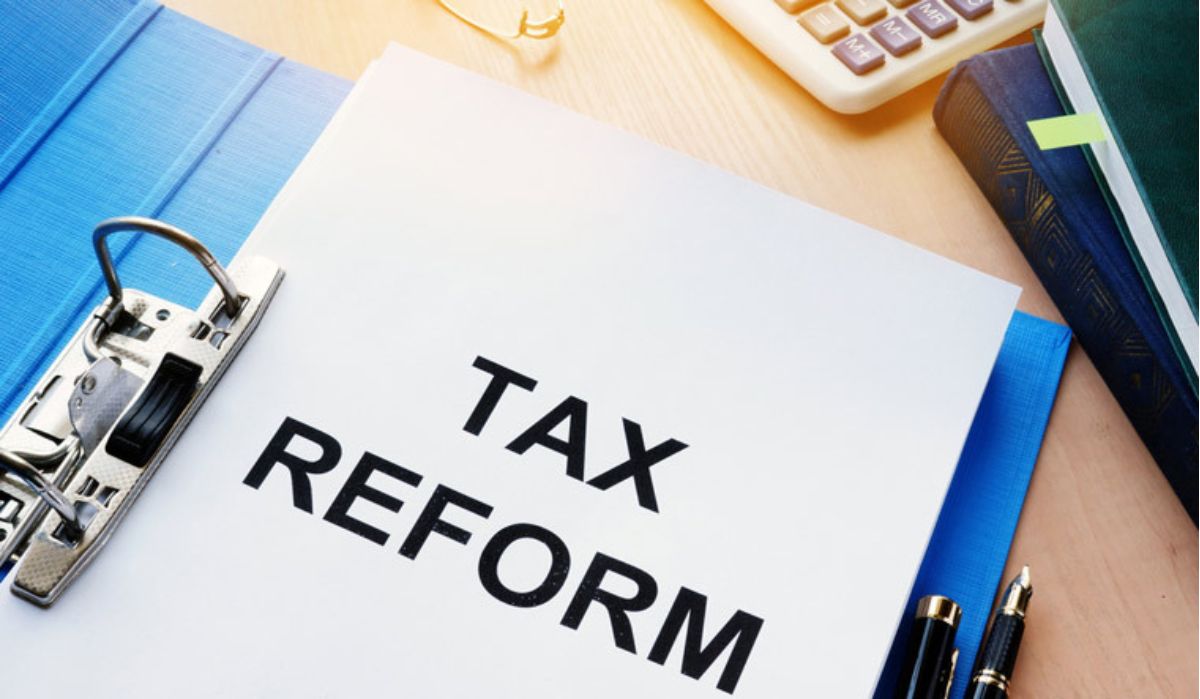Tax reforms. It’s the holy grail of every budget. Will it finally materialise come Tuesday morning, or will it remain a chimera?
Every budget gets the middle classes buzzing not exactly for policy tweaks or outlay for sectors or the larger vision for the nation’s future that is at the foundation of every union budget exercise. For them, what matters is the god of small things — any reforms in the personal income tax structure, which directly converts into more money in the pocket of the aam aadmi.
ALSO READ: Union Budget 2024 Live: Expectations high among investors, taxpayers ahead of D-Day
It is ironic that India had an interim budget just before a general election, where, contrary to expectations, no big tax relief or incentives were announced, as is the expected norm from a government facing the electorate. Yet, going into the polls this was a government that was big on blustering through, even if the results proved that that did not exactly work. So, after going back to the drawing board as has been happening over the past weeks in North Block, will finance minister Nirmala Sitharaman have some sweet candy to doll out?
“I see personal tax reforms (happening now),” said taxation specialist and former chairman of the Bombay Stock Exchange Sethurathnam Ravi. “The world is looking for security. And not just because of inflation, but there are a lot of issues around the tax structure, from exemption to slab ceiling etc.”
With the results changing the dynamics in the corridors of power — after 10 years, Modi and Co find themselves running a minority government that has to depend on coalition allies who have sharp fangs when it comes to biting off their pound of flesh. More importantly, this is a regime that is smarting big from the snub of the electorate — and staring at a series of crucial election over the next one-and-a-half years, ranging from the capital’s backyard Haryana where BJP is in big trouble, the country’s moneybags capital Maharashtra where things aren’t hunky dory one bit, as well as those in Bihar, UP etc further down the road. The hinterland is not happy one bit with price rise and lack of jobs and income amidst what is otherwise celebrated as a period of economic boom. Keeping corporate bottom-lines happy to push up your GDP numbers alone won’t cut it anymore.
“In the last two terms, this government has done very little, this time the expectation is that it will do something which is more meaningful,” said Shashank Pal, chief business officer (wealth) with Lilladher Prabhakar Wealth Management. His prediction? That tax exemption limits will go up. Exemption under various sections, like for insurance etc, could also go up.
Pal explains in detail, “In the tax slabs, there are three aspects to it. One is on the basic exemption limits, the expectation is it would be hiked. Secondly is in terms of the benefits against insurance itself and senior citizens. That would be expected to go up. And third is in terms of the tax slabs. That is expected to increase.”
Whether the taxes get rejigged or not, there is a big question mark over the new tax regime, brought in a few years ago with a higher exemption but no benefits. While the ‘nudge theory’ economic doctrine would have meant a slow switching over to the New Regime completely, but its lack of popularity with the lower middle classes and middle-level salaried professionals is now a factor too big to be ignored after the electoral calumny. In fact, some experts believe we could well see a tax regime that gives a lot of benefits, for education and to promote savings, with tax on interest also likely to be exempt.
While it may be a big deal to the middle class, the hard reality is that less than 10% of Indians pay income tax. Squeezing them through direct and indirect taxes means more than half of a person’s income finally ends up in the government’s kitty. To keep a disgruntled electorate happy and spread the wealth around through spending, concessions may just be the way out, considering the long term advantage, and not just financially.



